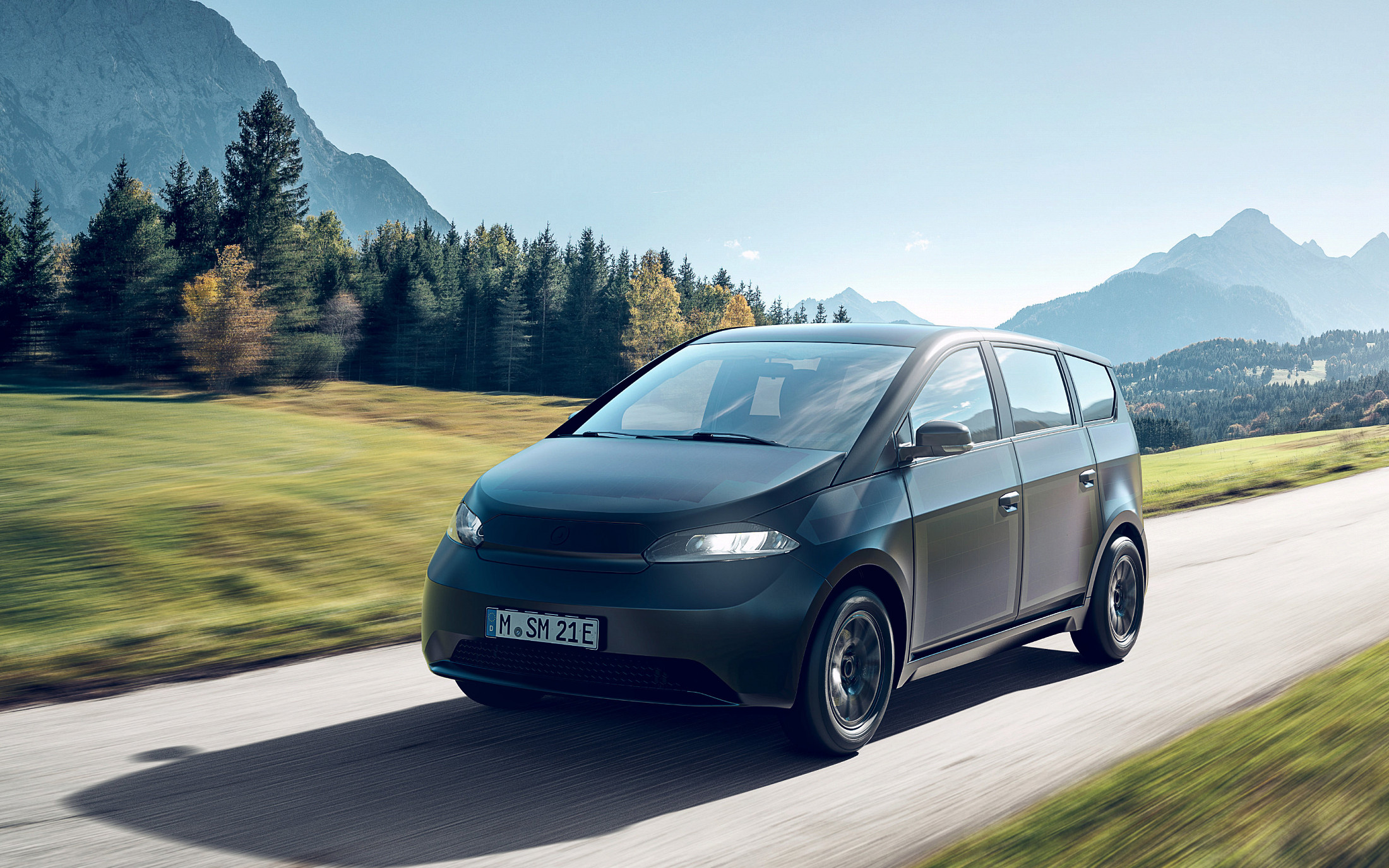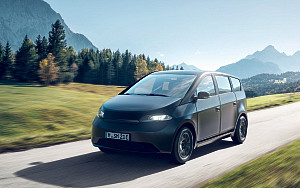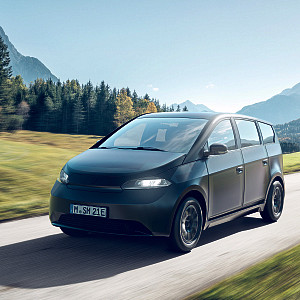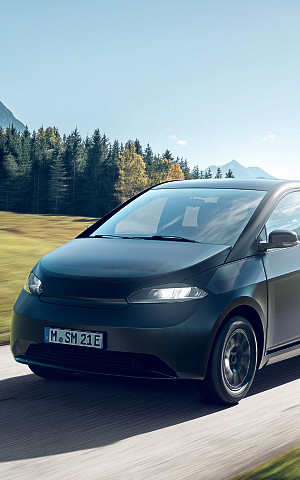More than 13,000 individual reservations and payments have been placed on the Munich-based mobility provider Sono Motors’ Solar Electric Vehicle (SEV)
In addition to numerous reservations from Germany, the company has also registered further international reservations
The number of reservations would equate to sales of 278 million euros
15th April 2021 – The mobility provider Sono Motors has announced the achievement of reaching 13,000 private reservations of its innovative Sion SEV (Solar Electric Vehicle), with an average down-payment of 3,000 euros. Even prior to the commencement of production, the company booked a total order value of 278 million euros. Pre-orders of the Sion continue to be predominantly placed in Germany and the DACH (Germany, Austria and Switzerland) region, but the company is also registering increasing numbers from countries such as Italy, Spain, Portugal, Finland and Mauritius. This interactive map shows the geographical distribution of the reservations made. It was created and published by the Sono Motors community itself.
“13,000 reservations is a clear sign for us, as well as for the entire automotive industry. This number highlights people’s need for resource-friendly and affordable mobility solutions,” emphasizes Jona Christians, CEO and co-founder of Sono Motors, “It also gives us tailwind to get the Sion on the road as quickly as possible”, he adds.
After planned production commencement in 2023 and the increase to maximum capacity within the same year, the company intends to produce 43,000 vehicles per year in a 2-shift operation, in collaboration with contract manufacturer NEVS. The total production volume is expected to be 257,000 vehicles over a seven-year period. The former SAAB factory in Trollhättan, Sweden, will serve as the production facility.
Sono Group N.V. (OTCQB: SEVCF) is on a pioneering mission to accelerate the revolution of mobility by making every vehicle solar. Sono Motors’ disruptive solar technology has been engineered to be seamlessly integrated into a variety of vehicle architectures — including third-party OEM cars, buses, refrigerated vehicles, and recreational vehicles — to extend range and reduce fuel costs as well as the impact of CO2 emissions, paving the way for climate-friendly mobility.



